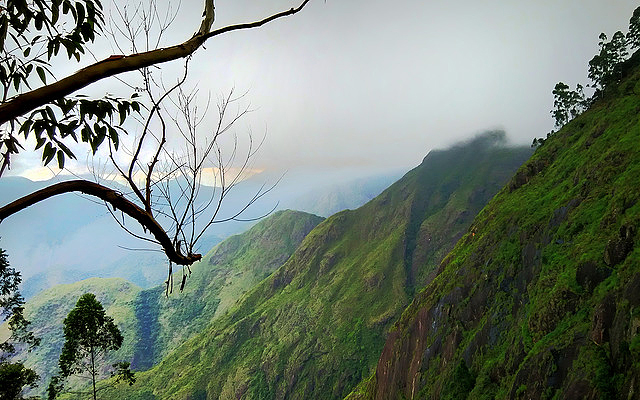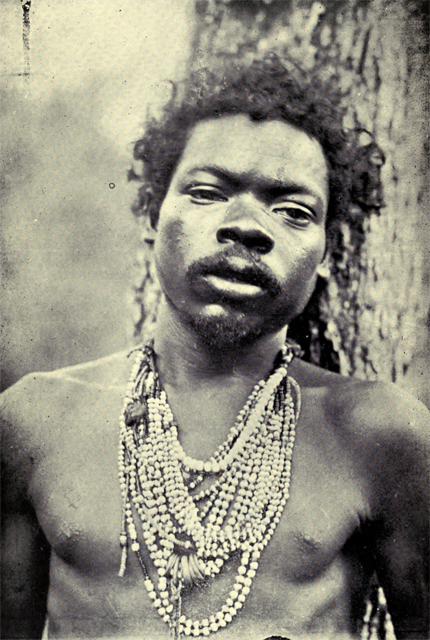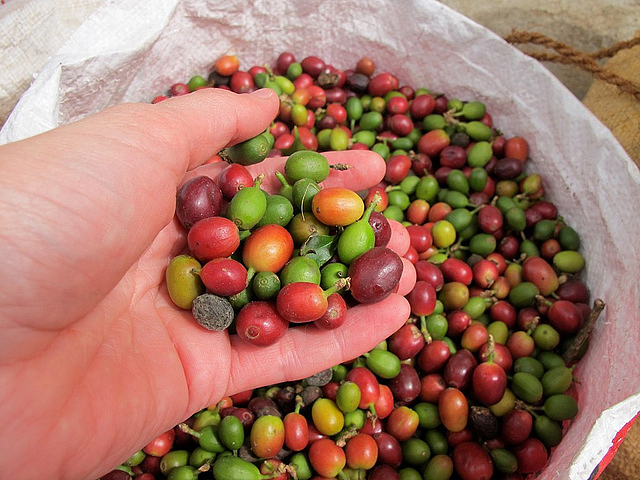The Paliyans from a village in southern India who grow high-quality organic coffee for sale were recognized last Thursday with an article in a major Indian newspaper.

According to the journalist who wrote the story, the Paliyan of Korankombu village, which is located in Kodaikanal Block, Dindigul District of Tamil Nadu, have been growing very high quality coffee using only their traditional methods of cultivation, without any chemicals. They have not been given any financial support from private or government sources, so they would not have been able to afford any fertilizers or pesticides even if they had wanted to use them.
Instead, they rely on their traditional farming methods for growing coffee in the forest reserve areas of their village. K. Raju, the journalist, quoted K. Murugan, a Paliyan farmer in Korankombu, who said that since they have no money to buy chemicals, they apply organic wastes and natural manure to their coffee plants. They make sure that the plants are growing in natural shade conditions in order to produce a better yield. And attacks by pests, at least this year, have been under control due to good rainfall.

Another Paliyan farmer, G. Sankar, told the journalist that they never pay for the labor needed to harvest the coffee on their plantations. Family members of the different farmers work on each others farms for free. Sankar told Raju, “‘Shram dhan’ is still in vogue among tribal planters for harvesting.” “Shram dhan” appears to mean, in this context, working selflessly to help others.
The coffee-growing Paliyans have not been visited by officials from the agricultural research centers in India. In fact, the only officials who have visited the village have been forestry and police people. But impressed by their hard work, the officers from the Forest Department are acting under the provisions of the Forest Rights Act of 2006 to legalize the rights of the villagers to the forests they are using. Over 36 farming families in the village will benefit from that legal designation.

But legalizing their rights to their lands won’t bring fortunes to the people of Korankombu. Since they have virtually no contacts with the outside world, they have to depend on the owners of the large estates to sell their coffee. They can only sell their crops by giving their entire harvests to those owners and accepting whatever payments they deign to give them. And even to this day, Raju wrote, the only foods they are sure of obtaining are the tubers that they harvest themselves from the forests.
In his exhaustive book on the Paliyans, Gardner (2000) mentioned that the British began establishing coffee plantations in the Kodaikanal region in 1838, in areas inhabited by Paliyans. Coffee growing by the Paliyan themselves would thus appear to be a more recent development.